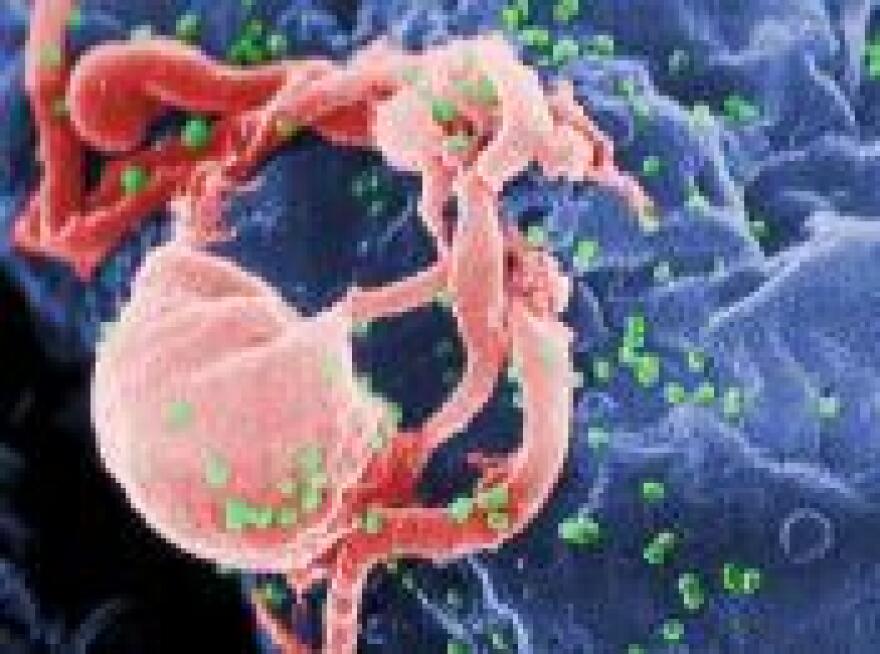Duke researchers say a protein in breast milk may be a key in preventing babies from contracting HIV from their infected mothers.
The protein Tenascin-C is produced by the body to aid in helping wounds heal. Doctors found after isolating the breast milk component that it neutralizes HIV transfer even as breast-fed babies are exposed multiple times daily.
Sallie Permar is a professor of pediatrics at Duke. She says their questions now center on moms with HIV.
"What is the function of this protein that's made in mothers who transmit the virus versus those who don't transmit the virus? And can we detect a specific amount that you have to have in breast milk in order to prevent transmission or a specific variant of this protein in order to effectively protect your infant?" Permar says.
Permar says the discovery could also be a direct benefit to all children who breastfeed
"One very unique property of this protein is it should be inherently safe, especially in infants, because it's already a component of breast milk," she says.
"And so providing additional amounts of this protein to infants should be safe, but we have hope that it could be developed for other modes of HIV transmission as well."
The study is detailed in .








